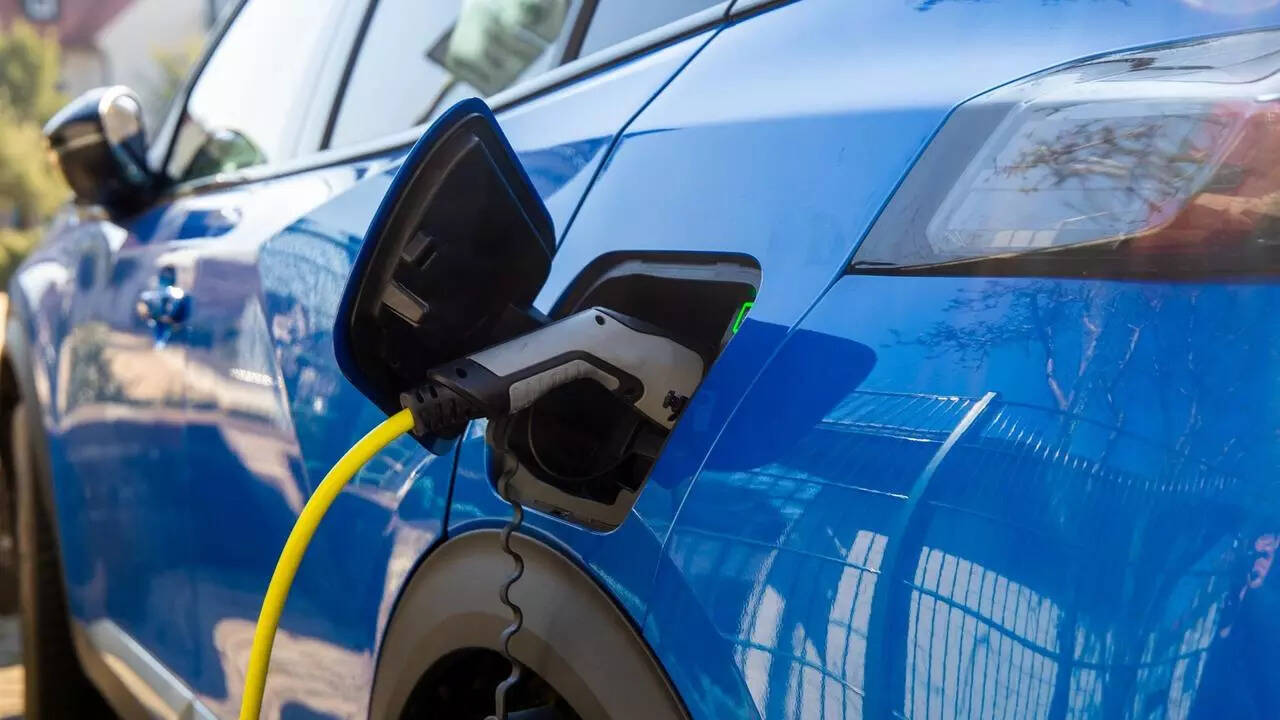
Bengal power minister Aroop Biswas on Friday announced a uniform electric vehicle (EV) charging tariff of Rs 6 per kilowatt-hour at public charging stations across the city at the 16th EV Expo, India, at Biswa Bangla Mela Prangan.
The event was attended by transport minister Snehashish Chakraborty and industry minister Shashi Panja, along with a host of senior officials of six departments of the Bengal government. Biswas said, “The uniform tariff per kilowatt-hour (kWh) or unit will be Rs 6 across all public charging stations, both for low-tension and high-tension charging facilities.”
“As there is a global paradigm shift of thought due to climate issues, carbon footprint, pollution, and inflation due to expensive oil imports, the demand for EVs is increasing,” said Panja.
Anuj Sharma, president of the Electric Vehicle Federation and founder of EV Expo, said, “The 16th EV Expo and Conference at Kolkata is a result of the Bengal government’s keenness to accelerate e-mobility. We bring our experience and expertise to support it.” Organised by Altius Auto Solutions, EV Expo is India’s largest and most comprehensive trade show dedicated to electric vehicles, accessories, batteries, and charging solutions.
EVs have two types of charges — one charges a vehicle in 60-110 minutes and runs on direct current (DC) and another takes anywhere between 6-7 hours, also called Alternate Charge. In Kolkata, we aim to have fast-charging facilities and we need to install transformers to turn the power from AC to DC, said an official.
“Six government departments — power, transport, MNRE, environment, skill development, and industry — are working in unison for faster and wider adoption of EVs,” said power secretary S Suresh Kumar.
The Nexon EV hosts a 30.2kWh battery. In Kolkata, with Rs 6/unit power, fully charging it would cost Rs181.2. Tata Nexon claims to travel 312km on full charge. The cost per km comes to Rs 0.58/km. For petrol vehicles, it ranges from Rs 5-7/km. The Mahindra e2o would need 10 units of power for a full charge of 100km. To cover 60km, the car will need six units of power, for Rs 36, said an EV expert. Most EVs can cover up to 100km with 15kWh. While petrol and diesel engines convert a maximum of 35% of the energy into driving force, an EV converts 85% or more.
Also Read:
